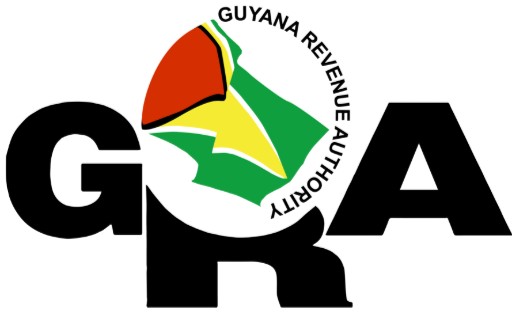Estate Duty / Process Fees
Estate Duty/ Process Fees is a tax levied on the value of deceased person’s assets in Guyana as at the date of death. An individual making a declaration of a deceased person’s assets is called the Declarant and he/ she is required to submit an Estate of Deceased Person’s Declaration and Inventory for the Commissioner of Inland Revenue Form, which is obtained from the estate duty section of G.R.A.
An Estate can consist of movable and immovable property, rights and effects of any kind situate or having their seats in Guyana, and the proceeds of sale thereof, and any investment for the time being representing them. In the case of a deceased person who was at the time of his death domiciled in Guyana, property also included movable property and effects wherever situate.
Requirements when submitting a Deceased Person's Declaration and Inventory
- A copy of the Death Certificate of the deceased
- A copy of the Oath of Administration / Administratrix
- A copy of the Oath of Executor / Executrix
- Three (3) copies of Statement of Assets and Liabilities of the deceased person
- A copy of Certificate of Title , Lease or Transport of property declared
- A copy of Registration of Vehicle declared
- Rights of Title and Interest – this is letter stating ownership where there is no title, lease or transport
- A letter stating the number of shares and the value as at date of death that were declared
- Valuation of each declared both immovable and movable as at the date of death by a Valuator.
Note:
- The documents are submitted to the Estate Duty section of the Guyana Revenue Authority.
- The Declarant has to sign the declaration form four times and one (1) time on the Oath of Administrator/ Executor. If the declarant cannot sign he/she will have his/her thumbprint. The declarant is also required to submit a ten dollar ($10) revenue stamp and present his/ her ID card and TIN for the duty/ tax to be assessed.
Who can make an Inventory and Declaration
Where there is a will: –
- The executor/executrix identified within the will, or his/her agent;
- If the executor/executrix is not identified in the will, or if dead or is unwilling or unable to act, the person appointed by the Court on application;
Where there is no will the following order of priority of persons: –
- The surviving spouse of the deceased;
- The children of the deceased;
- The parents of the deceased;
- The siblings of the deceased;
- Grand- parent’s aunts/uncles or any other relative of the deceased.
- If there is no surviving relative, any person having an interest in the property of the deceased e.g. a creditor.
- The Public Trustee.
Estate Duty/Processing Fee
In April, 1991 the Estate Duty Act was repealed by Act No. 6 of 1991 and Estate Duty was replaced by a Process Fee chargeable on the property of persons who died after the enactment of Act No. 6 of 1991. Process fee is levied and paid on the gross value of the property possessed by a deceased person at the following rates: –
- Gross value of property up to $100,000 Nil
- Gross value of property exceeding 100,000
- Half of one percent of the gross value of the property (½ of 1%)
Note:
It is an offence to wilfully present a false inventory of the deceased’s property to the Proper Officer and anyone who does so would be liable on summary conviction to fines.
Estate
- Home
- Estate

